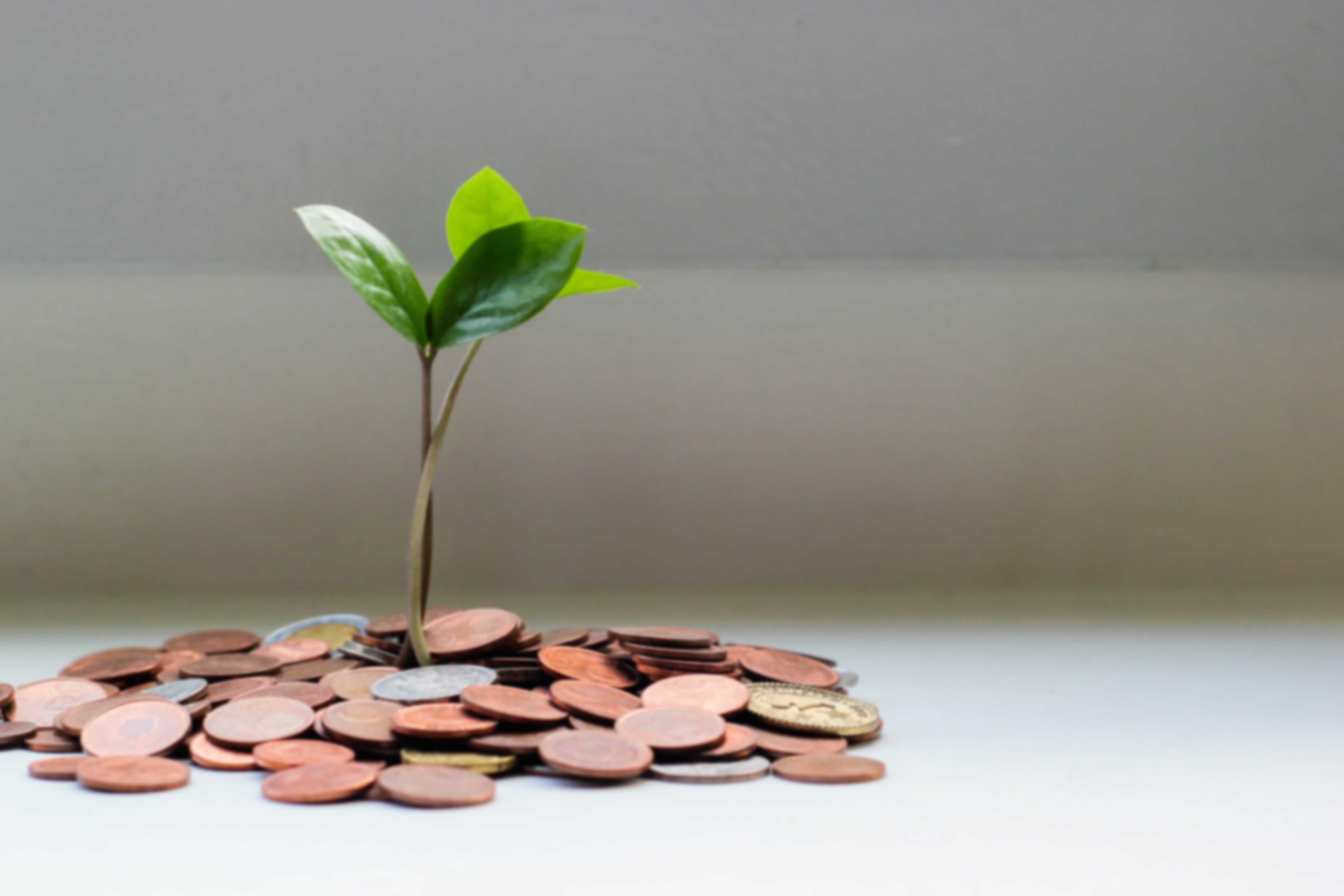** FREE SHIPPING ON ALL PRODUCTS **

Image by Luis Poletti Climate change emergency
Construction: £65b business but terrible for climate. CEO fights back
Climate change is the biggest single threat facing our future and everyone will need to act to avoid the predicted crisis. eCommonSense founder and CEO Andy Scothern explains that by simply changing our bank accounts, the building supplies industry could make a difference and start shaping the agenda before it’s too late.

Image courtesy of Andy Scothern Climate change activism
51 Billion tonnes!
That’s how much Co2 and Co2 equivalents humans emit into the atmosphere each year.
To visualise this number: if there was a motorway with 47 lanes to the moon and all lanes were full of 44 tonne articulated lorries, all made from (and carrying!) a full load of bricks made of Co2, you’d be somewhere close. Safe to say, it’s a lot. To stay within the 1.5 degrees safety margin for global warming, we must get this imagined traffic jam to the moon cleared by 2050 or face potentially catastrophic changes to the climate and society.
1.5 degrees doesn’t sound much hotter than it is now, but when you put it into the context of the fragility of the ‘goldilocks zone’ of our planet, it’s worth noting that during the last ice age when the world was a total ball of ice, it was only around 5 degrees colder than it is now. The last time there was no ice anywhere on earth i.e. it was a total state of ‘Greenhouse earth’ and crocodiles existed at the North pole, it was only about 5 degrees warmer, so we’re only operating in a window of 10 degrees. With that frame of reference, 1.5 degrees is significant.

Image by Sophia Simoes Stop climate change
Climate change is colossal and confusing, as there are so many contributing factors. For some, it seems so distant that it’s easy to think it’s not your concern or that you can do nothing about it. In some respects, you’d be right, as many of the solutions seem to be difficult to achieve, involve alot of personal sacrifice (for very little perceived global benefit), should be the job of the government or is simply too little too late.
“Don’t eat meat, don’t have kids, don’t have a car, forgo foreign holidays, get rid of your gas boiler, change your lightbulbs, insulate and retrofit your home, decarbonise your lifestyle… in fact, just stop living.”
It’s unquestionable that if we give up all these things life will be intolerable.
Faced with these type of dilemmas we tend to do nothing and say things like: “Technology will save us, the government will step in, it won’t be as bad as they are saying” (hopefully) and we all go back to normal, close our eyes and ears and keep ‘living the dream.’

Image by Jeremy Zero Rewilding nature
Plans to plant millions of trees would help, but a tree can absorb 1 tonne of CO2 over 100 years or an acre of trees can absorb about 2.5 tonnes per year, so there’s not enough land for that to be the solution, so we need to do more – much, much more!
So, what can we all do as businesses and individuals? For any societal change you need to follow the money or more accurately, move the money. Throughout history, government subsidies and taxes and have elevated and crushed industries, as has access to finance. We can’t do much about the government except vote in elections, but we can influence the ability of the fossil fuel industries ability to access investment.
The top 5 banks in the UK for funding climate change industries are Barclays, HSBC, Santander, Natwest & Lloyds.
Collectively they have invested hundreds of billions into hugely damaging fossil fuel industries since the Paris climate accord; Investment that might otherwise have been channelled into renewable energy and businesses that are trying to get to Carbon Zero, including the high carbon manufacturers such as cement, bricks, steel and transport to mention a few.
It’s all too easy for us all to point the finger at manufacturers and say it’s their responsibility, however we are the consumers - and many of you reading this article will have significant cash deposits and other assets held by these five banks.

Image by Micheile Money or the environment?
This may be a bit out of a radical idea for many people, but if the construction products industry moved our bank accounts to a bank that does not invest in fossil fuels, a powerful message would be sent to the market that will effect change. But how?
Firstly, there are numerous executives for whom banking and big oil careers are a revolving door, so don’t expect those turkeys to vote for Christmas. Yet it’s worth noting that the oppressive and racist regime of apartheid collapsed in 1990 when European countries stopped investing in their economy, and the Soviet Union collapsed at the end of 1991 when the finances dried up, so money matters.
Of course, it’s a pain to move banks, but it is nothing compared to the economic and societal damage that climate change is predicted to cause in the next 30 years.
History has shown that change happens when enough people demand it. This is the chance for the building supplies sector to lead the way by taking some simple steps that send out a clear message to the rest of the building industry. No doubt there will be more things that we can do, which I hope to explore in future articles, but by acting together now we can start to make a difference.
How you can help

Image by Lina Trochez How you can help the planet
- Write to your bank to ask what their investment policy is in regards to ethical matters, including the environment and fossil fuels.
- Research alternative banks that have more ethical investment policies
- Switch to a bank that has a more responsible approach to fossil fuel investments and inform your existing bank why you are moving.
- Inform your customers, staff and suppliers why you are moving banks.
- Promote your climate change stance on communications such as email signatures, social media, promotional materials and on your website.
- Try to get your buying group and trade bodies on board and lead by example.
25 years of wisdom and heritage
Continue reading

How much CBD oil should I take?
How much CBD should I take? CBD consultant Ruby Deevoy explains all for Dermactiva.

Traditional Chinese Medicine Through the Seasons
One of the most ancient medical systems is Traditional Chinese Medicine – here, we reveal the seasonal self care secrets you can use.

NEWS DIGEST NO.11 #WisdomToWellness
Our monthly round-up of Cannabis, CBD, wellbeing and lifestyle news with a smattering of Colombia and the natural world for you to enjoy and be amazed by!

Dermactiva was created using over 25 years of wisdom and heritage from Herman Patiño’s proven base product, using certified Organic Cannabis Sativa Oil.



